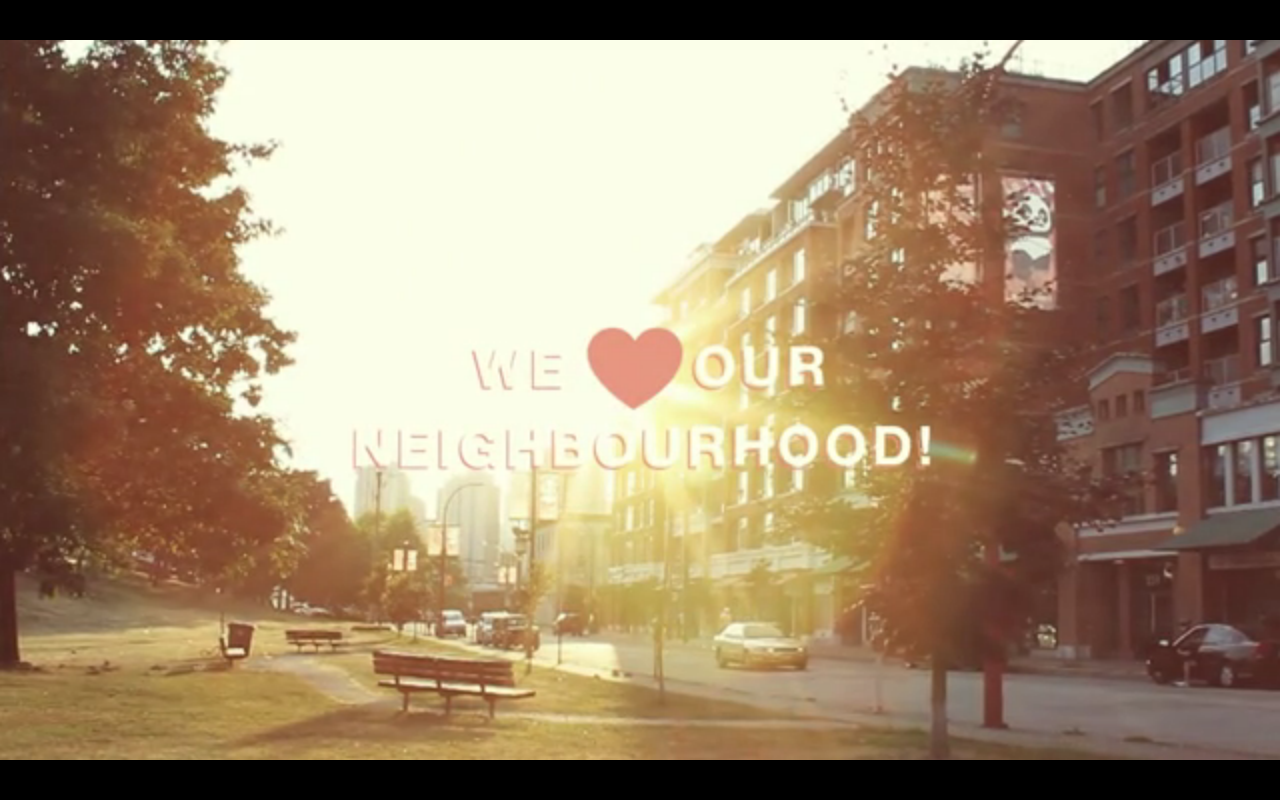A new “community-driven, for-profit” business concept, named This Space, is opening on the southern edge of Vancouver’s Chinatown and Downtown Eastside neighbourhoods below the government-owned, subsidized apartments of Solheim Place. Rather than simply open up a new boutique shop, the property, owned by 38-year old Michael Leung, is appealing to “the community” in order to “build a sustainable business they can call their own.”
Not only does this project strike me as self-serving, it’s a perfect emblem for the way naive, self-congratulatory developers are laying waste to Vancouver’s Downtown Eastside. Aside from the fact that the word “sustainable” is an eco-capitalist buzz-word and a water carrier for gentrification, its use in this context is narrow. Truly “sustainable” businesses, which have flourished for over thirty years, abound in Vancouver’s Chinatown and the DTES — only to be pushed out of business by aggressive developers and skyrocketing rents. Perhaps if This Space wants to find a creative and unique way to satisfy its self-ascribed mandate, it will house one of these long-standing community institutions now-or-recently going out of business.
Even more cynical is the project’s vague appeal to “the community” — who will pick everything from the products sold and the colour of the walls (subject to the owner’s assessment of viability). Who is “the community”? The boutique shops and high-end restaurants who share the V6A postal code? Or the long-term, low-income residents such businesses alienate and displace?
For one thing, this nebulous “community” seems just as “innovative” (to adopt another piece of gentrification jargon) as developers. “Local service” beat out “restaurant” by just 5 per cent, with “Local foods” currently leading the second poll. I wonder if Leung is aware that both Chinatown and the DTES have been publishing what kind of businesses and projects they want for decades — as newly-built condos and shops price them out of their own neighbourhood. There’s no need to hold a promotional poll — the real “community” has been voicing its desires for years. But, listening is at a premium when it comes to property owners and the DTES.
The paradoxical “community-driven, for-profit” descriptor of This Space pinpoints the double lie of gentrification. How can a business be both for profit and for the community when one, by definition, extracts resources unequally from the other? The poll is set up — aesthetically, with its sparse design, high-production videos and Helvetica font, as well as technologically, with its online poll promoted by Twitter and Facebook — to exclude the majority of the neighbourhood’s residents even as asks for their participation.
The fact is that no business can profit from low-income populations, so there is simply no way that such a project, whatever pretensions towards inclusion, will end up serving the best interests of the community. “This Space” might as well be renamed “Our Space” — or better yet, “Not Your Space.” At least then residents of Chinatown and the DTES will get the message.



